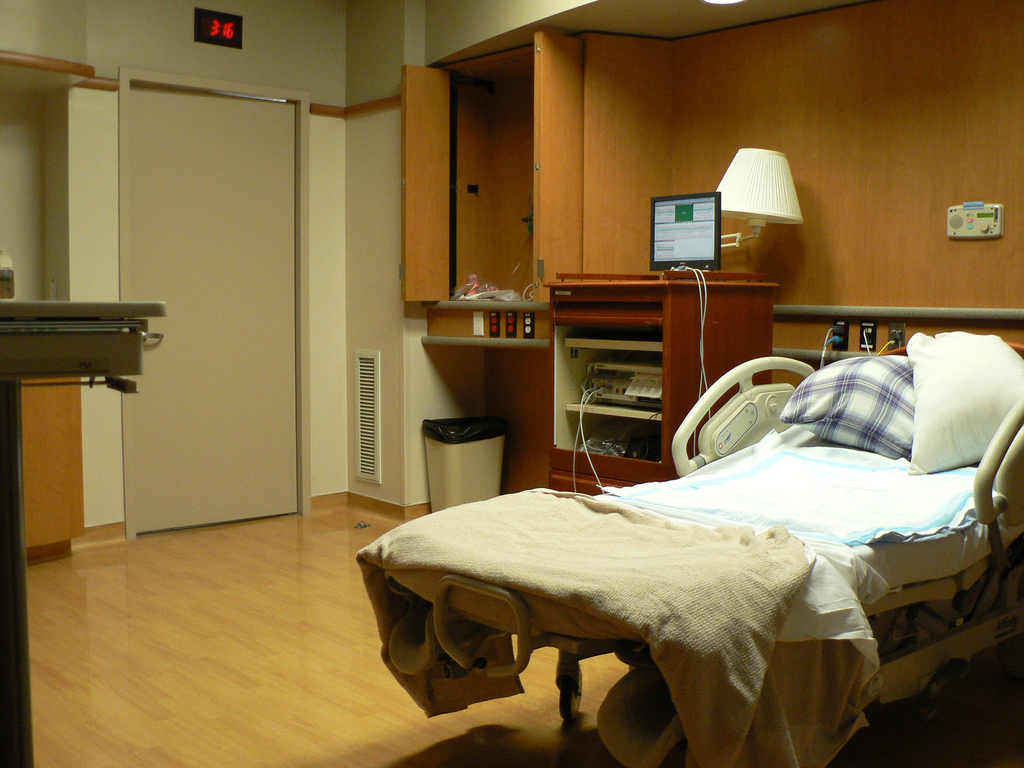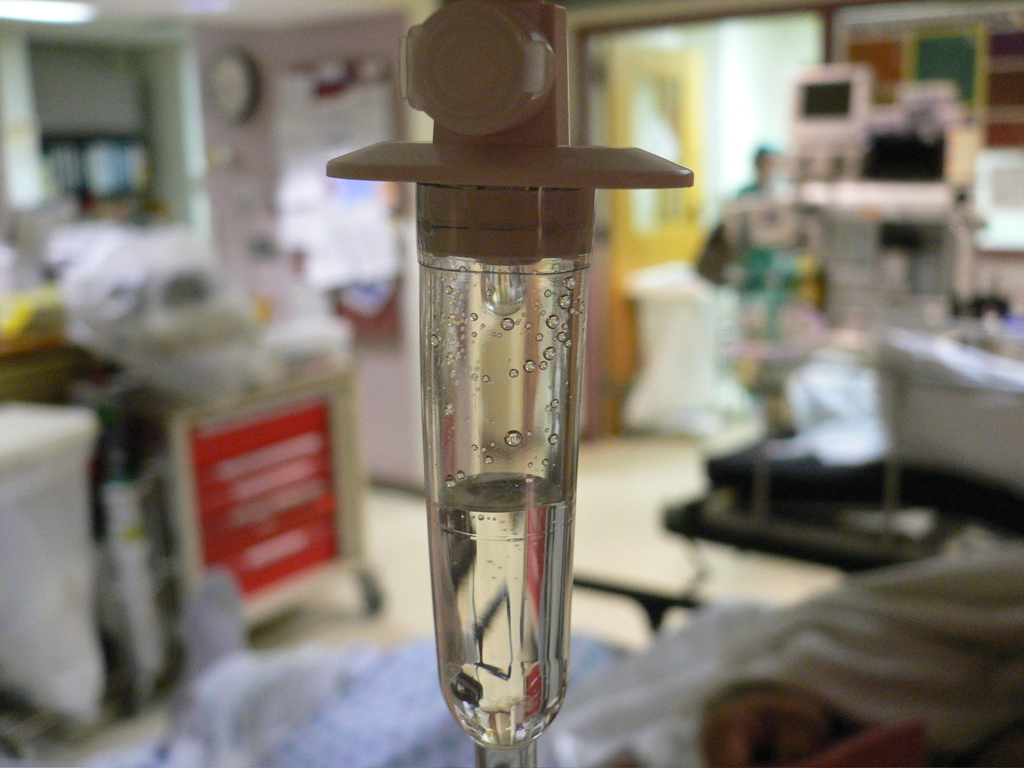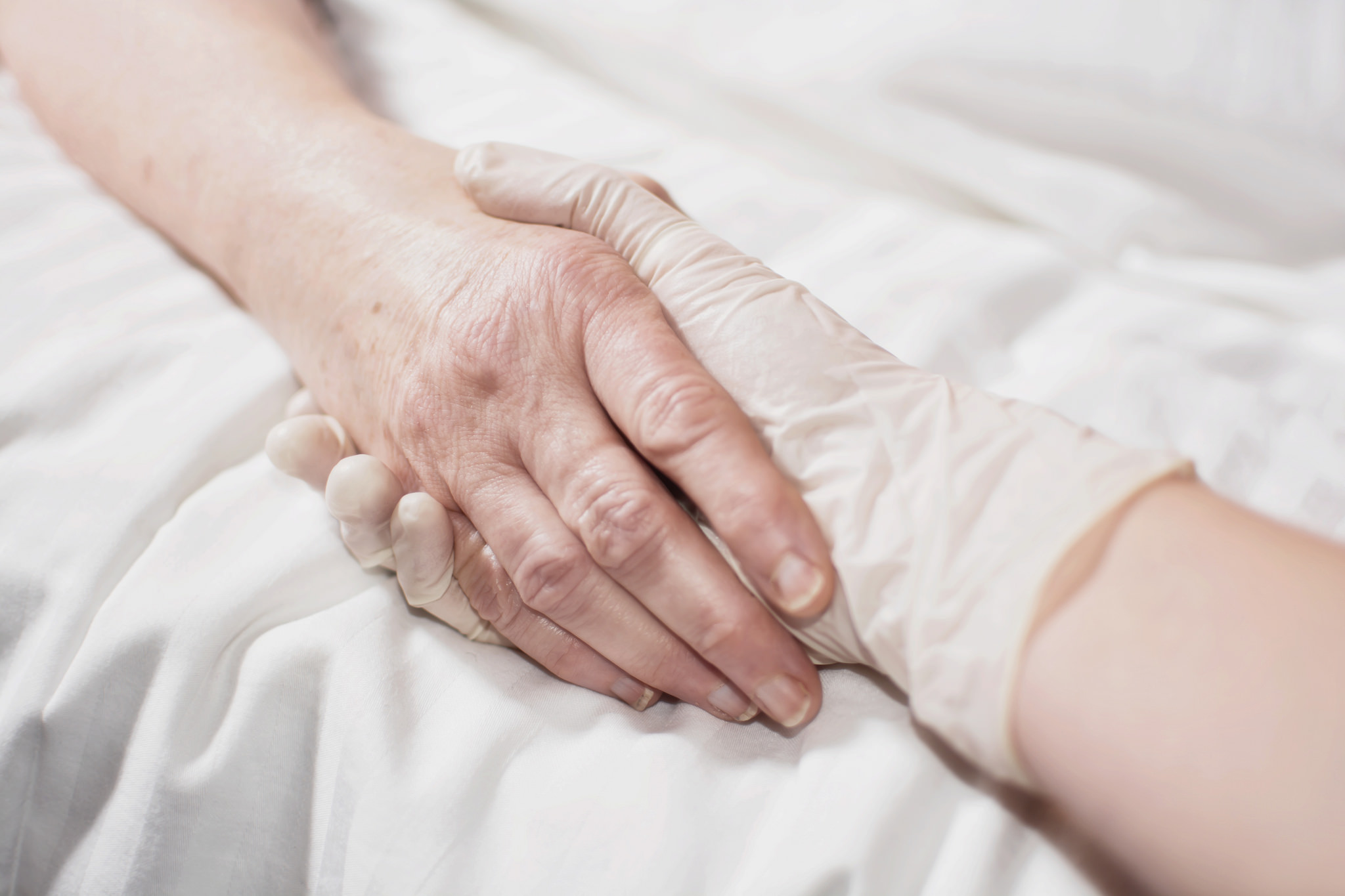Today is the 14th anniversary of Diane Pretty’s case, in which the European Court of Human Rights re-affirmed that the UK’s blanket ban on assisted suicide did not breach human rights.
The right to die is not a recognised right in the UK. Individuals, campaign groups and politicians are locked in an ongoing debate over whether to change the law.
Diane Pretty’s case

Diane Pretty had motor neurone disease. She was paralysed and therefore unable to end her own life. But she wanted to control when she died to avoid the suffering and indignity of a distressing death.
Intending that she might commit suicide with the help of her husband, Mrs Pretty wanted confirmation that he would not be prosecuted (accused of a criminal offence) for helping her to die. Under the Suicide Act 1961, anyone who assists another person to take their own life can be imprisoned for up to 14 years.
In 2002, Mrs Pretty lost her legal battle. The European Court of Human Rights said that a right to die could not be derived from the right to life (as it was not concerned with quality of life). The Court also decided that the right to be free from degrading treatment did not require the UK to promise not to prosecute Mrs Pretty’s husband. Mrs Pretty argued that the UK’s ban on assisted suicide violated her right to self-determination, part of the right to respect for private life. The Court said that the UK’s approach was justified in protecting vulnerable people against the risk of abuse.
Diane Pretty said, “Because of the terrible nature of my illness, I cannot take my own life. The law needs changing so that I, and people like me, can choose how and when we die and not be forced to endure untold suffering for no reason”. She died days after the Court’s ruling.
Debbie Purdy and Tony Nicklinson’s cases

Debbie Purdy suffered from multiple sclerosis. Mrs Purdy wanted clarification whether her husband could be prosecuted if he assisted her in travelling to Dignitas, an assisted dying organisation in Switzerland. In 2009, the UK House of Lords (now the Supreme Court) said that prosecution guidance was not clear enough. As a result, the Director of Public Prosecutions issued guidelines on when prosecutions may be brought. In the following five years, a prosecution was made in 1 of 80 cases under consideration.
Tony Nicklinson was paralysed and could not end his life without assistance. He asked the UK courts to allow a doctor to help him to die. When he lost his case in the High Court in 2012, Mr Nicklinson refused nutrition and subsequently died. His case was carried on by his widow, but in 2014 the Supreme Court decided that it is for Parliament, not the courts, to change the law.
Should the law be changed?

Dignity in Dying has reported that 82% of the British public support assisted dying for terminally ill adults. Yet in September 2015, Parliament refused to pass new legislation – the Assisted Dying Bill – allowing terminally ill, mentally competent adults to end their lives with medical supervision. 118 Members of Parliament (MPs) voted in favour and 330 against.
Why? There are powerful arguments on both sides. One MP argued “The existing law protects the elderly, the disabled and those who might otherwise feel pressured to die.” The National Council for Palliative Care said the proposed law “puts vulnerable people at risk, without improving access to care”.
How can we know what the best answer is? One option is to look at the experience of countries where assisted suicide is legal. Terminally ill adults have the right to die, with assistance, in Switzerland, The Netherlands, some American states and, from June 2016, Canada. Research from Oregon, US published in 2014 shows no documented examples of abuse of vulnerable people as a result of this law.
But such evidence is currently not enough to counter the arguments and emotions of politicians. So we are left, for now, with controversy surrounding the criminalisation of assisted dying in the UK.
Perhaps it will be up to the courts to uphold the right to dignity in death, after all. They have the power to declare the Suicide Act 1961 incompatible with human rights, which would put the onus on Parliament to change the law. The Supreme Court stopped short of this in Tony Nicklinson’s case, but a future case could bring a different result.
Read more about the right to life, freedom from degrading treatment and the right to self-determination and private life. Take a look at our explainer on the right to health here.






